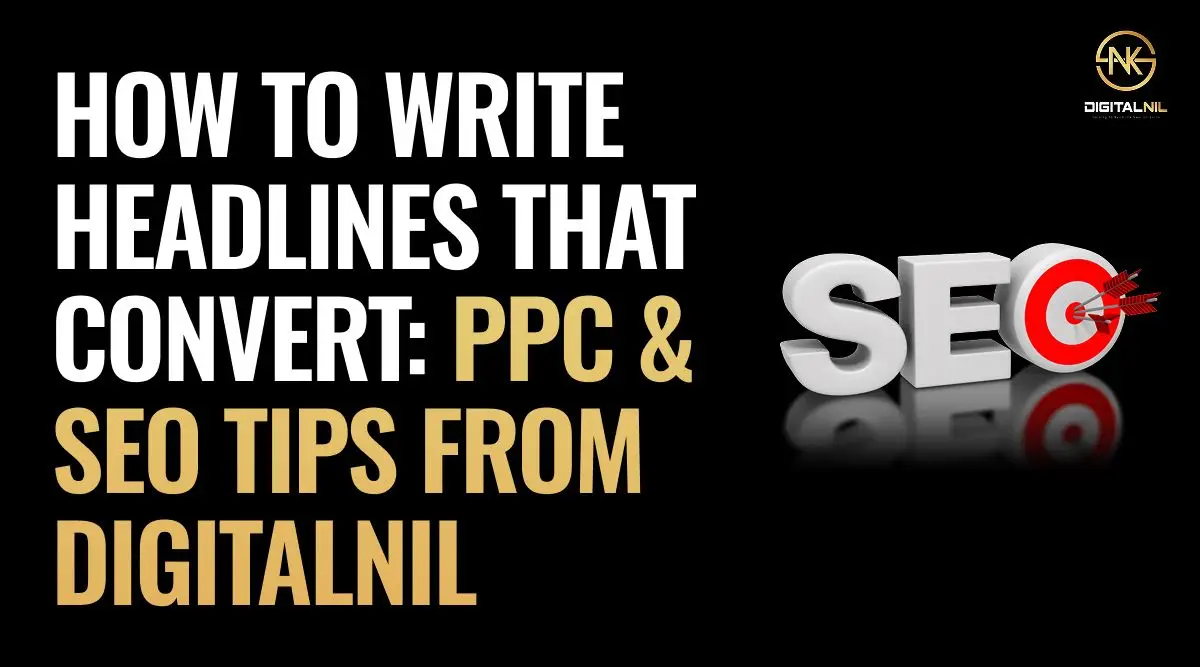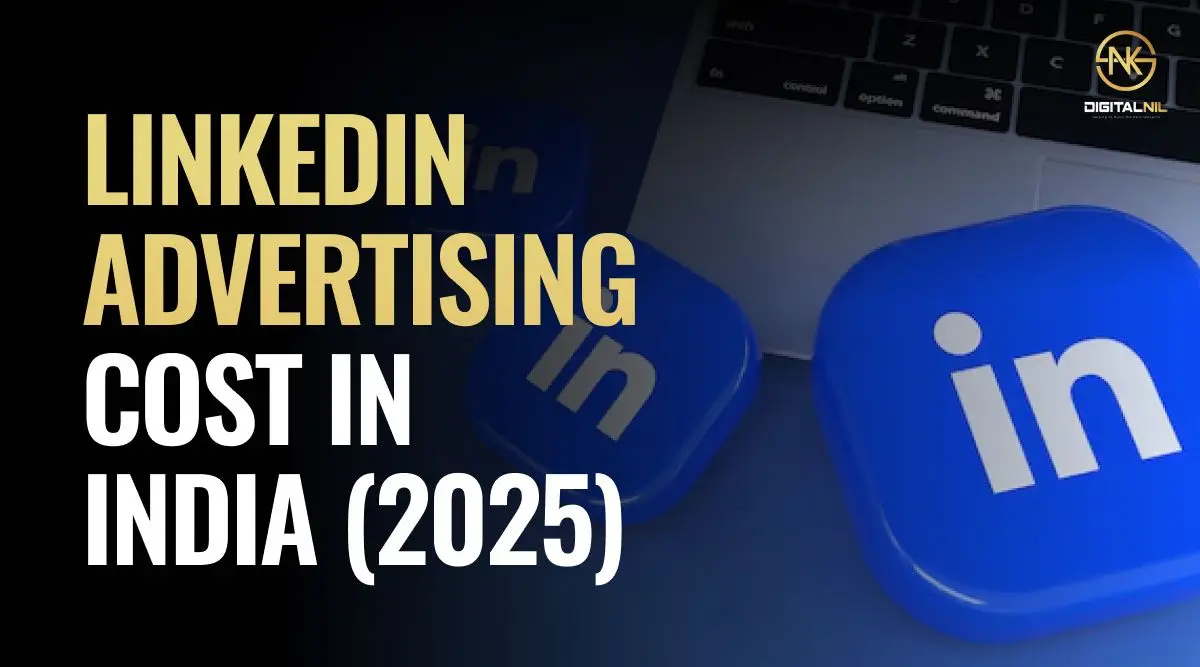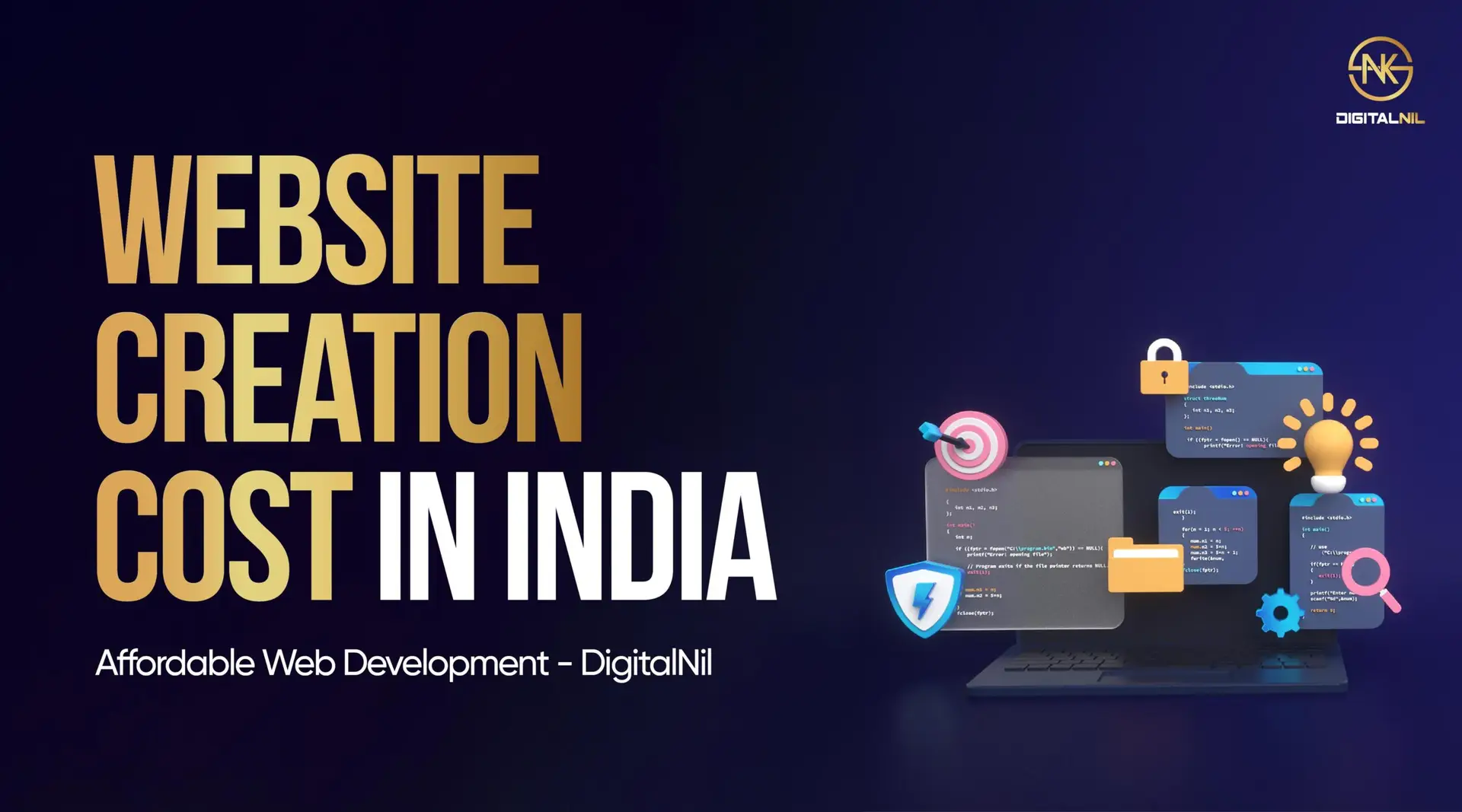It’s a fast-paced digital world, and building your business presence in this online environment is no easy task. Brands constantly struggle for visibility, engagement, and conversions—and often, their strategies don’t deliver the expected results.
However, there’s one powerful tool that can transform your online journey and pave the way for long-term success: Blogging in Digital Marketing.
While there are many digital marketing strategies out there, few are as effective and sustainable as blogging. Social media content often gets buried under the constant stream of trending reels and updates, while paid advertising can be great for the initial boost. In contrast, well-optimized blogs—whether for beginners or established brands—offer a long-term, cost-effective, and SEO-friendly solution.
Let’s explore what blogging in digital marketing really means and why it remains one of the most effective strategies for online growth.
Understanding Blogging in Digital Marketing
Many people assume blogging simply means creating a small website and posting a few paragraphs now and then. In reality, blogging in digital marketing is a powerful tool that drives traffic, boosts visibility, and builds trust and authority.
Here’s how blogs contribute to your brand’s growth:
- Educate and Inform: Blogs help educate your audience about your products or services and raise awareness about your brand.
- Build Trust: By answering questions and solving problems, blogs position your brand as a trusted authority in your niche.
- Improve SEO: Blogs enriched with strategic keywords help improve your website’s search engine rankings, making you more visible to your target audience.
- Drive Traffic and Conversions: High-quality blog content attracts visitors and, with the right call-to-actions (CTAs), converts them into customers.
When used correctly, blogging becomes a key driver of long-term success in the digital space. But the key lies in understanding its purpose and mastering the foundational elements that make blogging effective.
Key Benefits of Blogging in Digital Marketing
Blogging offers several distinct advantages over other digital marketing strategies. Let’s take a closer look at the key benefits of blogging:
1. Improves SEO & Google Rankings
Search engines prefer fresh, relevant, and keyword-rich content. Every blog post is an opportunity to address user queries, which helps you rank higher in search results.
2. Drives Organic Traffic
Instead of spending constantly on ads, a well-written and optimized blog can keep attracting visitors to your site for months or even years.
3. Builds Brand Authority
When you consistently publish insightful and valuable content, you position your brand as an expert in your field. This helps establish your brand as trustworthy and reliable in the eyes of your audience.
4. Engages & Converts Readers
Blogs allow you to speak directly to your audience’s needs and challenges, guiding them toward your offerings with relevant CTAs and helpful information.
5. Supports Social Media Marketing
Each blog post becomes content that can be repurposed and shared on platforms like LinkedIn, Facebook, or Instagram, enhancing your brand’s reach and engagement.
Blogging vs. Other Digital Marketing Strategies
While there are several digital marketing techniques you can use, blogging stands out for a few key reasons:
- Paid ads are effective but only as long as you keep spending. Once your budget runs out, so does your visibility.
- Social media content is trend-based and often fleeting. Posts and reels lose relevance quickly.
- Blogs, on the other hand, have evergreen value. A blog you publish today can generate traffic and leads for years if optimized correctly.
When combined with SEO, email marketing, and social media strategies, blogs become the foundation of a strong digital marketing plan. In fact, statistics show that businesses that blog generate 67% more leads per month than those that don’t.
How to Start Blogging for Digital Marketing Success
If you’re ready to harness the power of blogging in digital marketing, here’s a simple guide to help you get started:
1. Choose the Right Keywords
Use keyword research tools to identify high-value topics relevant to your niche. These keywords will help you get found on Google.
2. Write Engaging Content
Your blog should hook the reader from the start. Focus on solving real problems, sharing useful insights, and keeping your writing clear and concise.
3. Optimize for SEO
Incorporate meta tags, header tags, internal links, and optimized images to improve your rankings.
4. Stay Consistent
One blog post isn’t enough. Maintain a regular publishing schedule—weekly, bi-weekly, or monthly—to build momentum and authority.
Why Choose DigitalNil for Blogging & SEO Services?
While starting a blog on your own is possible, partnering with experts ensures you get the best results.
At DigitalNil, we specialize in crafting SEO-optimized, audience-focused blog content that drives real business outcomes. At DigitalNil, a skilled team of content creators, SEO experts, and strategists collaborates to:
- Create content that resonates with your target audience
- Boost your website’s ranking and traffic
- Improve engagement and lead conversions
With a perfect blend of creativity, strategy, and analytics, we help brands turn their blogs into powerful marketing tools.
Conclusion
Blogging in digital marketing isn’t just a buzzword—it’s a proven and sustainable method for building brand authority, improving SEO, attracting traffic, and increasing conversions.
If you’re ready to grow your business with expert blogging and SEO services, DigitalNil is here to help.
Want to grow your business with powerful blogs? Contact DigitalNil today!







